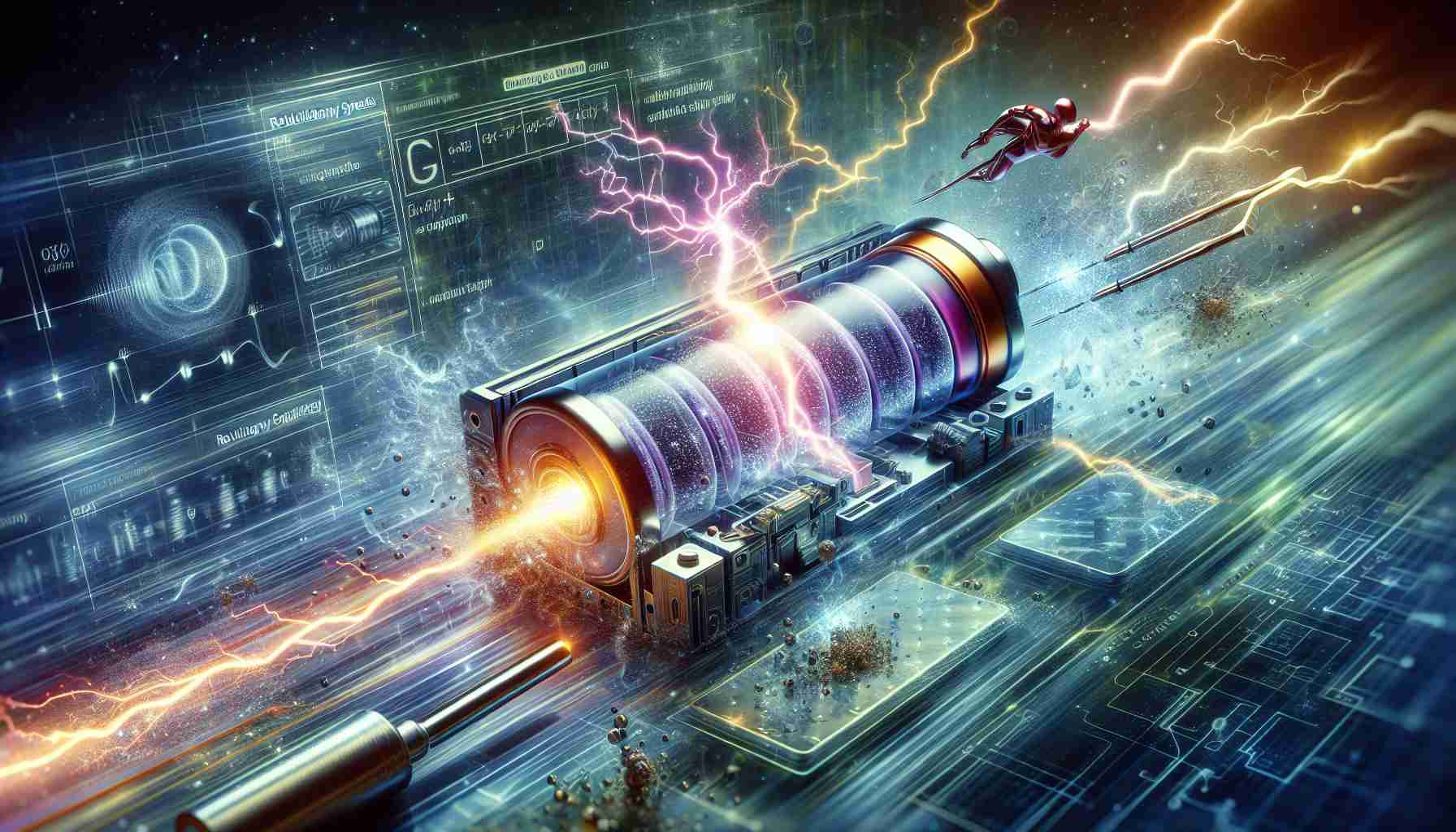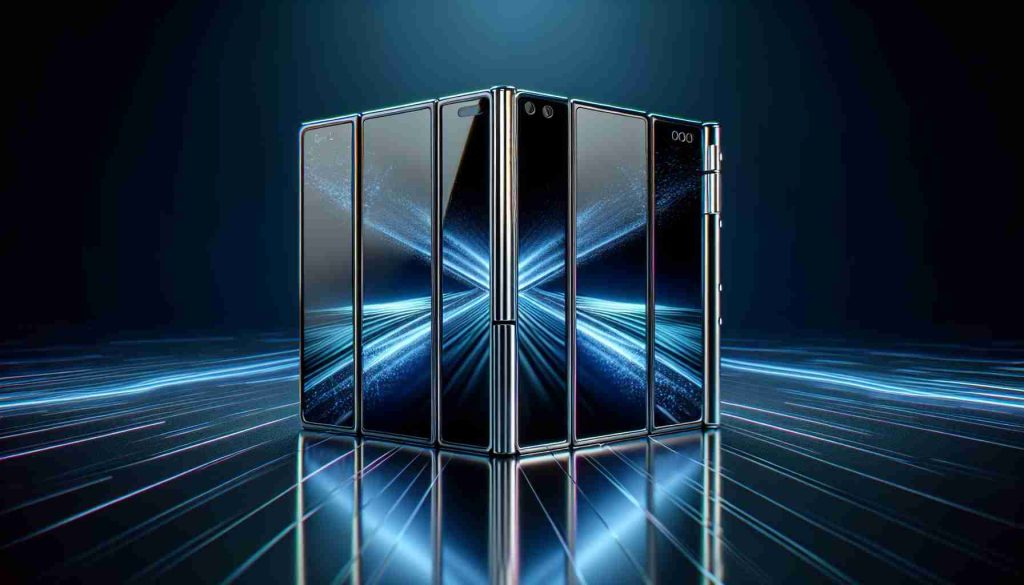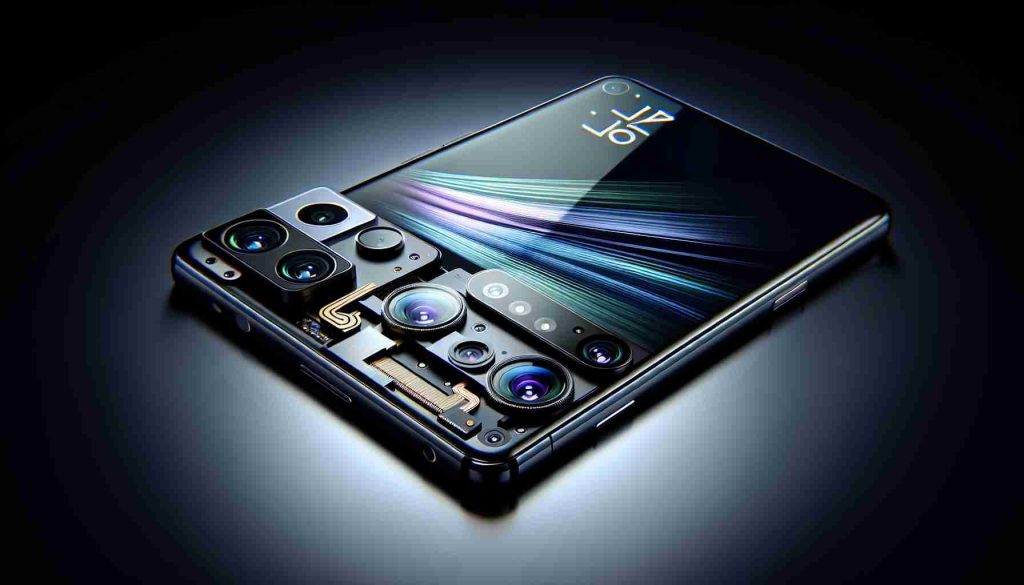Smartphones are constantly evolving, with manufacturers pushing the boundaries of charging speed. Realme, a leading Chinese tech company, has unveiled a groundbreaking innovation that could change the way we charge our devices.
Gone are the days of waiting hours for a smartphone to charge. Realme showcased a mysterious device in a recent video, demonstrating a remarkable feat – going from zero to 17 percent battery in just 35 seconds. The technology behind this astonishing speed is Realme’s new 300-Watt charging capability, promising unprecedented efficiency in powering up devices.
As the tech world eagerly anticipates Apple’s next iPhone release, the demand for faster charging solutions is at an all-time high. While traditional smartphones like iPhones and Samsung flagships are known for their slower charging speeds, Realme’s latest introduction could revolutionize the industry.
Despite the jaw-dropping speed of the charging process, questions linger about the long-term effects on battery health. Continuous fast charging often results in reduced battery capacity over time, leading to shorter overall lifespan of devices. Balancing between quick charging convenience and battery longevity remains a critical consideration for tech enthusiasts.
Realme’s achievement ignites a new phase in battery technology, signaling a shift towards faster, more efficient charging methods. As consumers await the official unveiling of this cutting-edge technology, the potential impact on daily device usage and battery durability is a topic of great interest and concern.
Continuing the Evolution of Battery Technology: Beyond Fast Charging
One of the key questions that arise with the advancement in charging speeds is regarding the safety of such high-powered charging capabilities. While Realme’s 300-Watt charging system impresses with its lightning-fast speeds, concerns about overheating and potential damage to the device’s internals have been raised. Ensuring that these revolutionary charging speeds do not compromise user safety will be paramount for widespread adoption.
Furthermore, as the demand for faster charging solutions grows, there is a looming concern about the environmental impact of rapid charging. Fast charging typically consumes more power, which could potentially strain energy resources and contribute to higher electricity consumption. Balancing the need for quick charging with environmental sustainability will be a crucial challenge that tech companies need to address in the future.
In terms of advantages, the introduction of revolutionary charging speeds opens up new possibilities for consumer convenience and productivity. With devices being able to charge at unprecedented rates, users no longer have to worry about lengthy charging times impeding their daily activities. Quick top-ups between tasks or on the go could become the new norm, enhancing the overall user experience.
On the flip side, a significant disadvantage associated with ultra-fast charging is the potential impact on battery longevity. Rapid charging can accelerate the degradation of battery cells, leading to a shorter overall lifespan for devices. This trade-off between speed and battery health presents a dilemma for users who prioritize both efficiency and device longevity.
As the race for faster charging speeds heats up in the tech industry, it will be essential for manufacturers to address these key challenges and controversies to ensure that the benefits of revolutionary charging technology outweigh the drawbacks. Finding a delicate balance between speed, safety, sustainability, and battery health will be crucial in shaping the future of battery technology.
For more insights on cutting-edge advancements in battery technology, you can visit lithium.com. This domain provides a comprehensive look into the latest innovations and developments in the field of rechargeable batteries.























